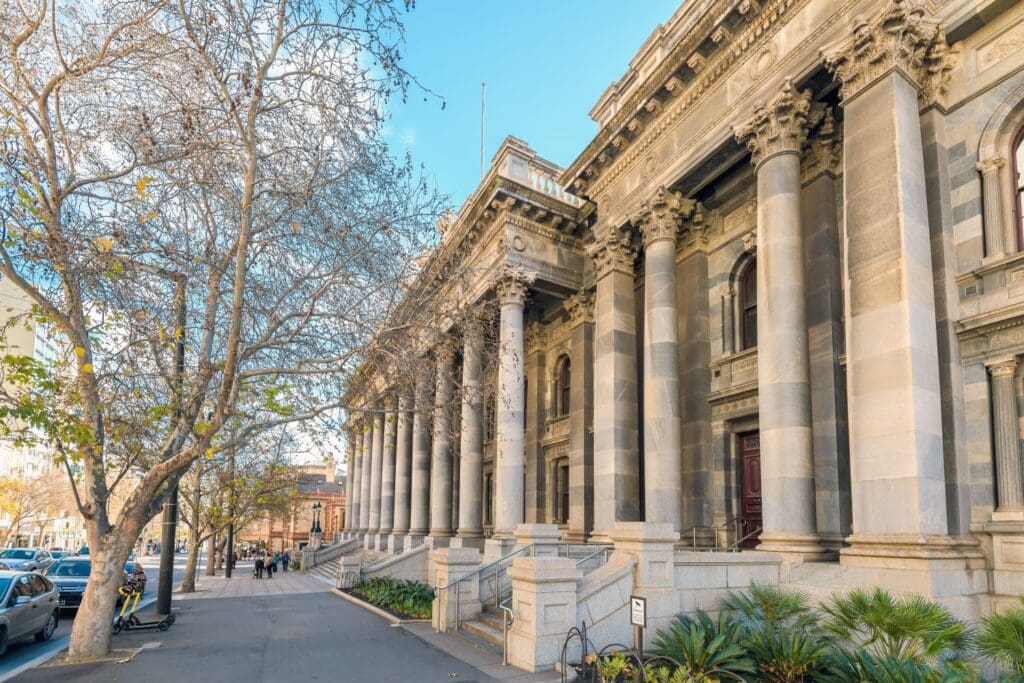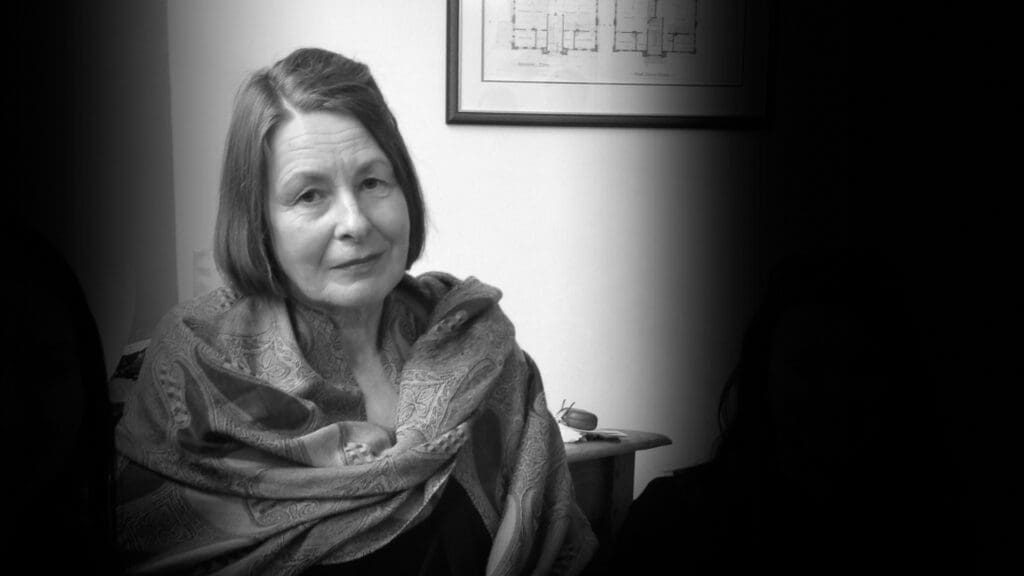UN expert warns Australia, calls robo-debt a ‘fiasco’
There is a grave risk the Morrison Government is “stumbling zombie-like into a digital welfare dystopia” if serious changes aren’t made to Australia’s social security system, the United Nations expert on poverty has warned.
Philip Alston, the Special Rapporteur on extreme poverty and human rights, will tomorrow present a report that calls out Australia and warns that developments in technology should not come at the cost of human rights.
Monique Hurley, Lawyer at the Human Rights Law Centre, said that Australia needs a fair and dignified social safety net.
“The Morrison Government is designing a social security system that is focussed on punishment and automation, rather than dignity and humanity. Advances in technology have the power to do enormous good, but for that to happen, ending inequality must be central to their design. People’s rights and wellbeing cannot be the price we pay,” said Hurley
Instead of obsessing about cost savings, sanctions and efficiency, the UN report recommends that good governments should look at how technology can be used to ensure a higher standard of living for those who need help.
The report says that the Robo-debt “fiasco” is a “prominent example” of how system errors have generated major problems for large numbers of people. Robo-debt has seen the Morrison Government use automated data-matching as the basis to send out vast numbers of debt notices with very high error rates. The report also raises concerns about the Government’s lack of attention to the importance of ensuring the program’s legality.
“Robo-debt has seen the Morrison Government bully people into paying debts they do not owe, in an attempt to prioritise efficiency over human rights. Robo-debt is wrong and must be canned,” said Hurley.
The Cashless Debit Card, which the Morrison Government is trying to roll out further in the Northern Territory, is also slammed in the expert report.
“The Cashless Debit Card is the Government micro-managing people’s lives – denying people the freedom to make decisions about where to buy everyday essentials like food and clothes. The Morrison Government’s attempt to force this new form of income control in the Northern Territory should be opposed,” said Hurley.
The report also warns that increased and unchecked use of technology by the Government in the social security system risks exacerbating the biases reflected in existing data and policies. The use of algorithms is highly likely to reproduce in-built forms of discrimination that can fatally undermine the right to social security.
“Access to a dignified social safety net is a human right and should not depend on where you live, who you are or the colour of your skin. Digital technologies, while bringing some benefits, can seriously threaten human rights,” said Hurley.
The Human Rights Law Centre’s submission to the Special Rapporteur is available here.
Media contact:
Michelle Bennett, Communications Director: 0419 100 519
Pictured: Philip Alston, the Special Rapporteur on extreme poverty and human rights. UN Photo/Cia Pak
Media Enquiries
Chandi Bates
Media and Communications Manager

Malinauskas Government must take historic opportunity and adopt Human Rights Act after inquiry recommendation
The Human Rights Law Centre has congratulated the South Australian parliamentary inquiry recommendation for a South Australian Human Rights Act.
Read more
Legal challenge filed against Tasmanian Parole Board’s decision to gag free speech
The Human Rights Law Centre has filed legal proceedings on behalf of Tasmanian grandmother, Susan Neill-Fraser, to challenge a restrictive parole condition placed on her by the Tasmanian Parole Board seeking to limit her ability to speak to the media.
Read more
University of Melbourne urged to drop repressive anti-protest and surveillance policies
The University of Melbourne is being urged to abandon policy changes that restrict staff and students’ right to protest and permit the widespread surveillance of people using their wifi network.
Read more


